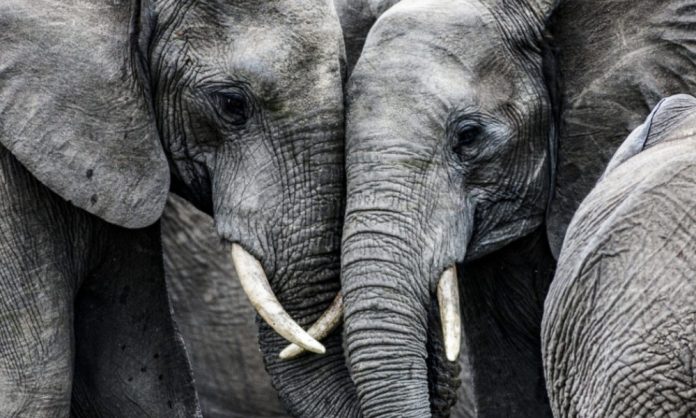The United Nations has estimated that worldwide illegal wildlife trade is worth $7 billion to $23 billion a year. Thus, becoming one of the most profitable illegal trades to exist. Wildlife crime has been linked to drug, human, and arms trafficking. This in turn creates corruption, damages economies and increases violence and poverty.
In some ways, COVID-19 has also risen from the illegal trade of wildlife species. This shows that the risk does not only lie to these endangered animals but can cause a crisis to our health, such as the one the world is facing at the moment.

It is up to us as civilians to help prevent the illegal wildlife trade. Countries can enforce bans, fines and criminal charges for poaching but these laws must be upheld. Do not remain silent when you see such activities, report to the authorities immediately.
Here are 5 Ways to Help Prevent The Illegal Wildlife Trade:
-
Buy Sustainable Sourced Products
Purchase responsibly, buy products that have a transparent and ethical supply chain. Check for labels that say that the goods have been harvested sustainably and whether they are FSC certified.
2. Do not Engage in Animal Tourism
Those selfies of people with tigers, lions and bears sleeping next to them? Those are wild animals that have been sedated just so tourists can come in and take a few pictures. Avoid visiting places that advertise animal tourism as these areas promote animal trafficking.

3. Refuse Endagered Animal Products
Cheetah, leopard, snake and alligator skin products like bags, rugs, coats are common with the wealthy folk. Try to abstain from promoting this trade. Other items that people mistakenly buy while buying jewellery include feathers from exotic birds, tortoise shell products, ivory products, cacti, sea turtle shells and corals.

4. Avoid Eating ‘Delicacies’ That are Endangered Species
Shark fin soup is considered a delicacy in many eastern asian countries however, this is harmful to its wildlife population. When you partake in this activity, the demand for such delicacies increase leading to the trafficking and poaching of the species. Other such foods include, swallow nest soup, tiger bone wine and many exotic wild meats.
5. Report Wildlife Crimes
Report suspected evidence of illegal wildlife trade to the concerned authorities. Avoid buying suspected illegal parts and products of wild animals, plants or birds as you could be fined for it and it would also drive up the demand for it.















